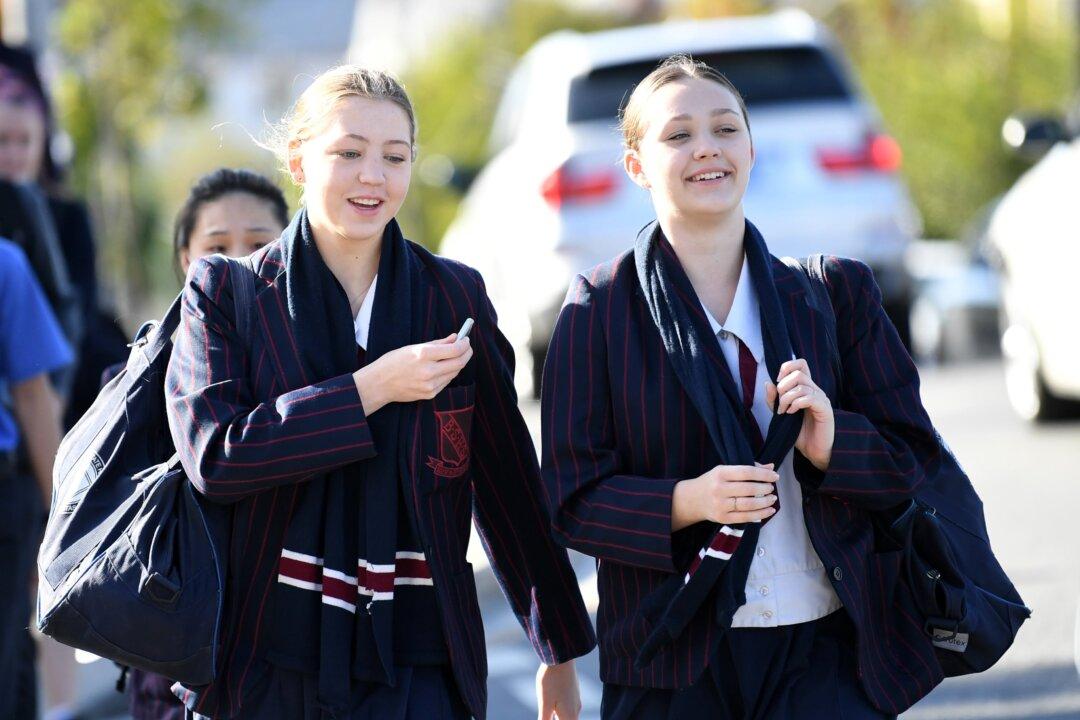The newly proposed changes to the Australian curriculum, which removes references to the nation’s democratic and Christian heritage, have been strongly criticised by experts and educators, with some calling the proposed changes “radical left-wing.”
The Australian Curriculum, Assessment and Reporting Authority (ACARA) revealed its proposal yesterday to increase the amount of content on culture, history, and perspectives of Indigenous Australians throughout the national curriculum.





